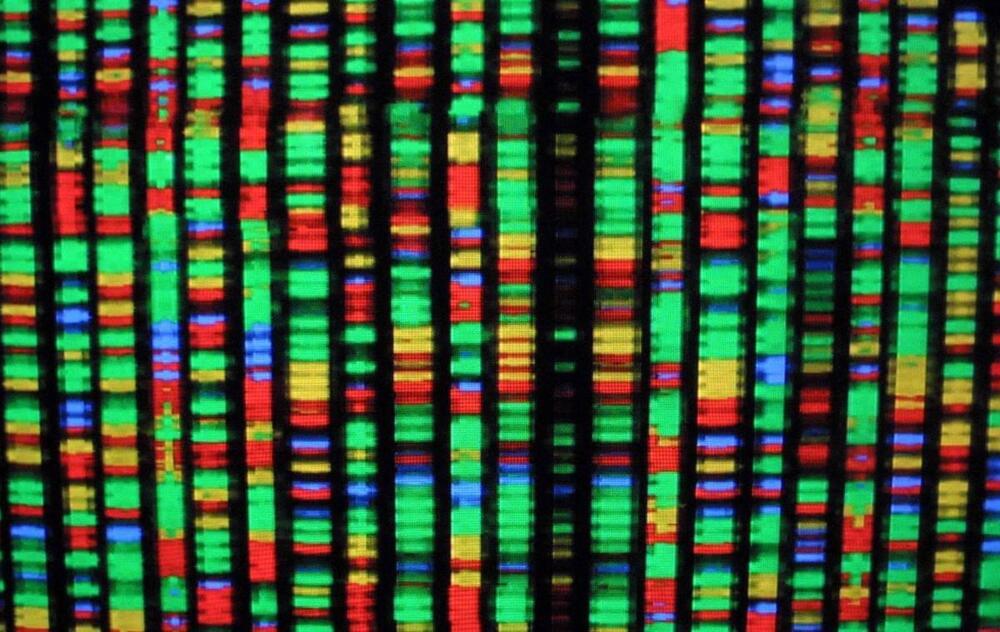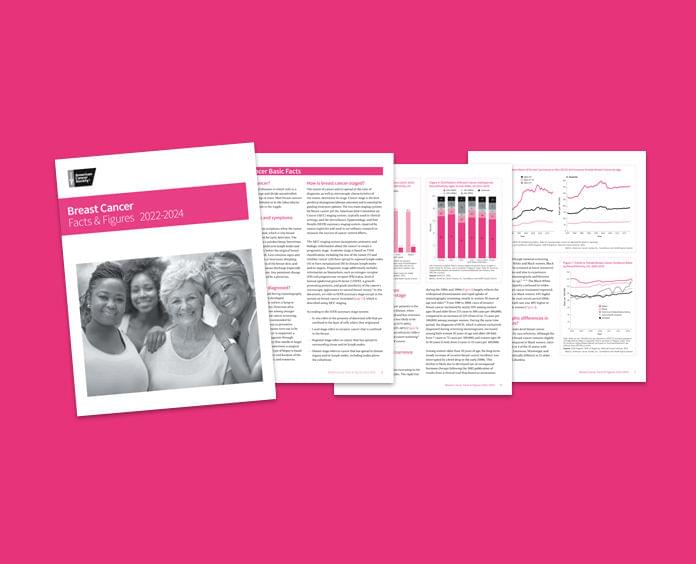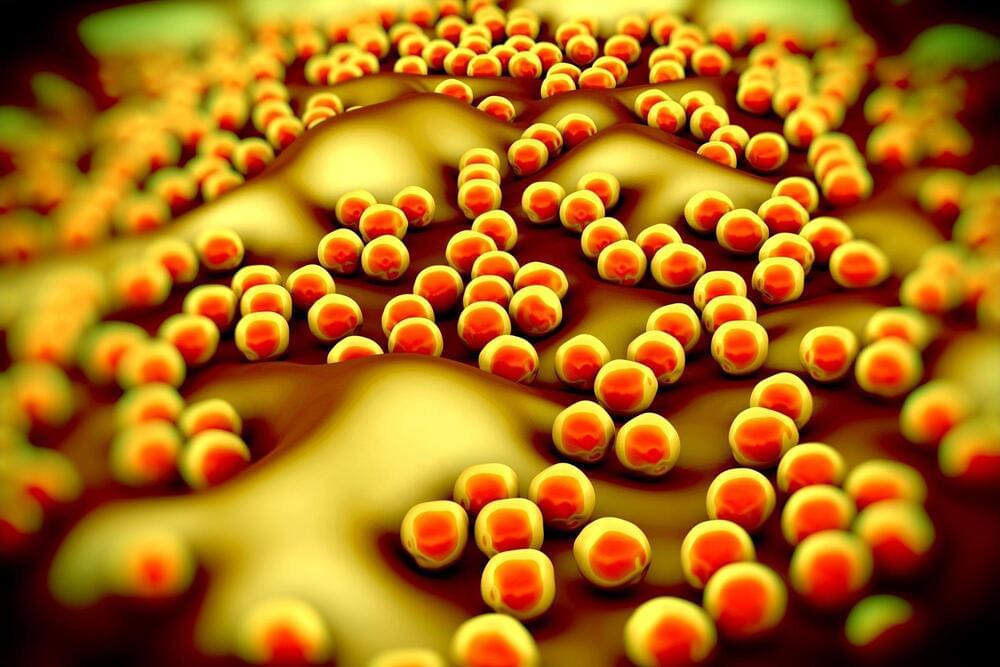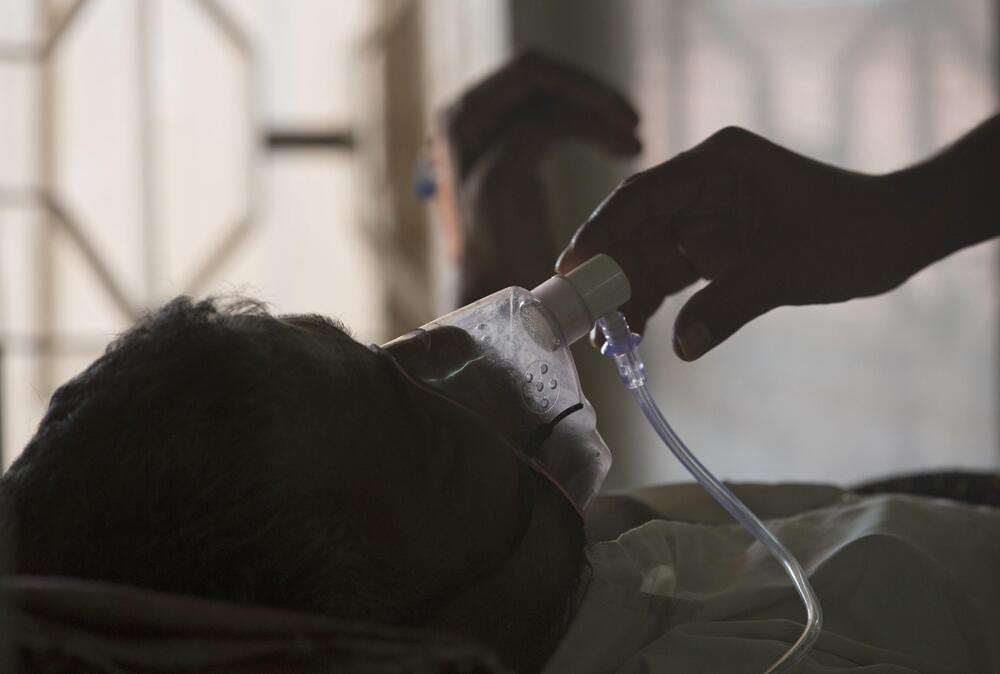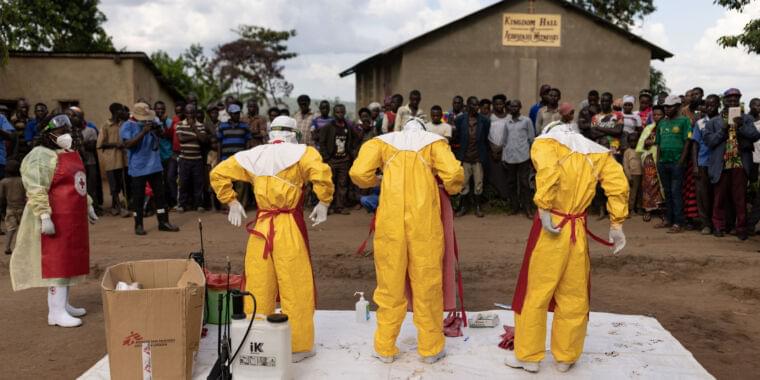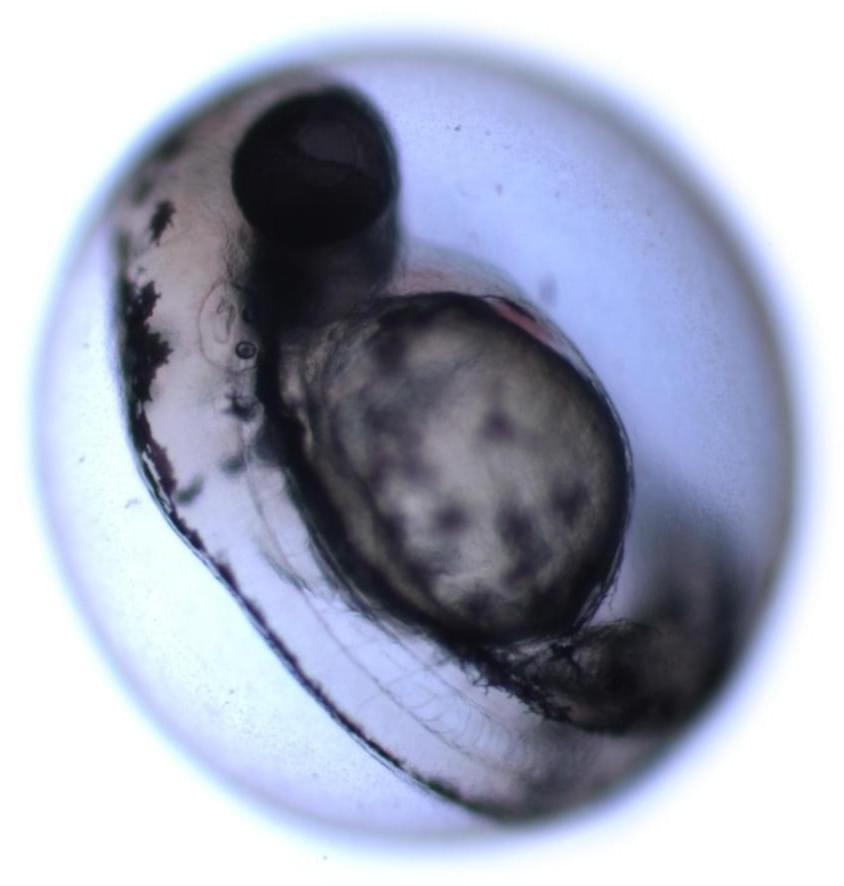Stability AI, the venture-backed startup behind the text-to-image AI system Stable Diffusion, is funding a wide-ranging effort to apply AI to the frontiers of biotech. Called OpenBioML, the endeavor’s first projects will focus on machine learning-based approaches to DNA sequencing, protein folding and computational biochemistry.
The company’s founders describe OpenBioML as an “open research laboratory” — and aims to explore the intersection of AI and biology in a setting where students, professionals and researchers can participate and collaborate, according to Stability AI CEO Emad Mostaque.
“OpenBioML is one of the independent research communities that Stability supports,” Mostaque told TechCrunch in an email interview. “Stability looks to develop and democratize AI, and through OpenBioML, we see an opportunity to advance the state of the art in sciences, health and medicine.”
